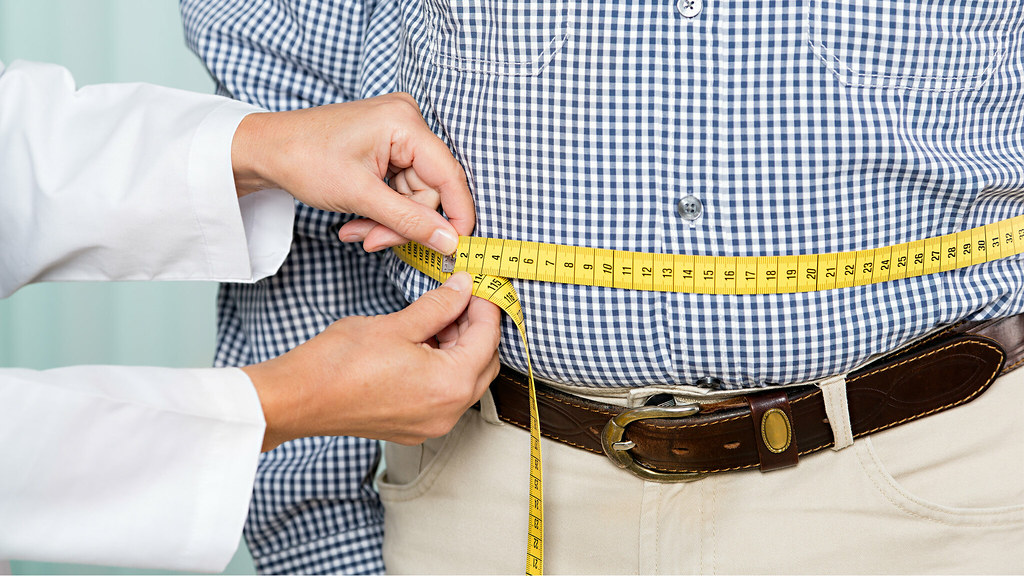The volunteers are needed to try out a brand new online programme that will give them new insights into how the human body works, and what impact different life events have on their wellbeing.
The programme aims to help participants improve their fitness and diet. So, if you’re trying to shed a few pounds in the new year, get more active, or are worried about your risk of type 2 diabetes and heart disease, this study could be for you.
It includes a website full of information and resources to help people gain the confidence and motivation to make healthy changes to their lives. The website also has secure, personalised pages where participants will be able to set health goals and keep track of their activity and diet. To help monitor their activity levels, participants will also be given pedometers, which they can keep after the project finishes.
The programme seeks to help people understand more about their health and support them to make healthy changes that are achievable and sustainable, rather than forcing the same set of goals on all participants.
Understanding bodies
Lead researcher Lis Grey said: “Most of us know that being active is ‘good’ and eating lots of sugar is ‘bad’, but we often find it hard to put this knowledge into practice. We also see and hear lots of confusing messages about what is healthy and sometimes it can seem that making changes for the sake of our health would just be too difficult or boring. This programme will hopefully help people to understand more about their bodies and gain the motivation and skills to lead a healthy life.”
Local volunteers needed for online health programme Men and women 35-74 years old and are carrying a few extra pounds are needed to test the programme. For this study, participants should not have a condition that limits their ability to move, or have been diagnosed with coronary heart disease, chronic kidney disease, type 2 diabetes, stroke, heart failure or severe hypertension.
Participants will be asked to complete the study over 14 weeks, visiting the University for an initial assessment session in which key health markers will be measured, including fats and sugars in the blood. Then they will be asked to wear an activity monitor on their arm for a week and complete a food diary. After this first week, participants will be given access to the website and further assessments will be taken after six weeks and again after 12 weeks.
The assessments will enable researchers to give participants a comprehensive health check, including a calculation of their future risk of cardiovascular disease and type 2 diabetes.
Further information
For more information and to volunteer to take part, please contact Lis Grey on 01225 383589 or email e.b.grey@bath.ac.uk

